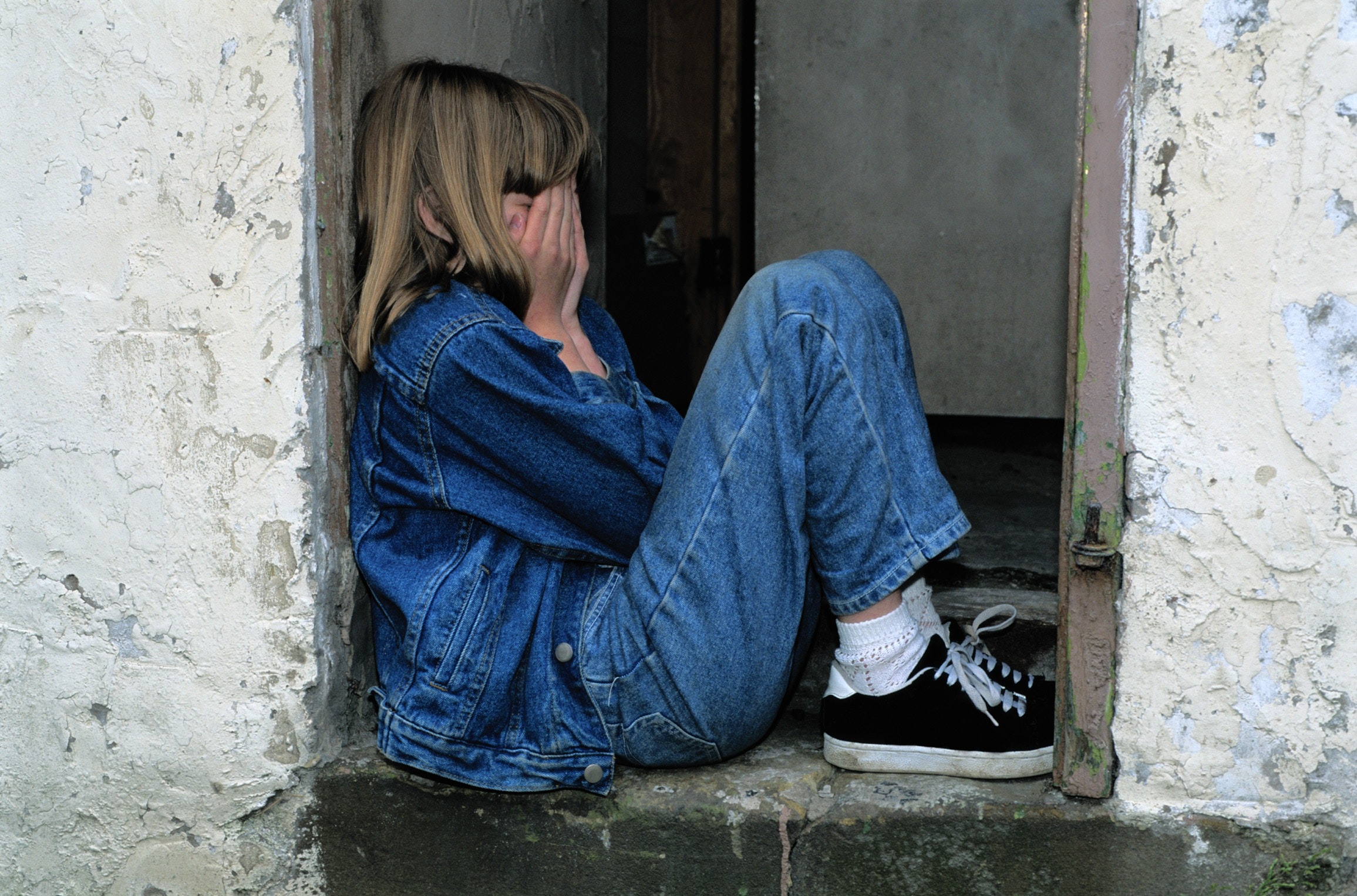
What Are the Long-Term Effects of Child Abuse?
By Moskowitz Law Group, LLC |The early stages of childhood are critical to a person’s development. When a child is subjected to abuse by their parent or caretaker, the effects of this mistreatment can extend far beyond their developmental stages and impact a person’s health and overall quality of life well into the future.
The physical, psychological, and behavioral effects of child abuse are not to be understated. When addressing a mistreatment situation, it is crucial to work with an experienced child abuse lawyer. Our compassionate team at Moskowitz Law Group is prepared to do everything we can to make things right in these situations.
Physical Effects
While some long-term physical effects may occur immediately after sustaining an injury, physical trauma can continue to emerge long after the period of the abuse. Child abuse can lead to an increased risk of numerous physical health problems, including:
- Lung disease
- Heart attacks
- Brain damage
- Malnutrition
- Diabetes
Those who experience childhood trauma are also at higher risk of reduced brain development. A history of abuse may correspond with reduced brain volume and/or reduced function of certain areas of the brain, such as the amygdala, which is responsible for processing emotion.
Psychological Effects
Child abuse and neglect can cause fear, anxiety, and mistrust, leading to psychological disorders that can persist into adult life. Toxic stress is often a reaction to childhood trauma when a victim’s stress response systems are triggered for long periods of time, putting them at a higher risk for mental health problems. Psychological issues like poor mental/emotional health, sociability and attachment issues, and post-traumatic stress disorder are common among victims of child abuse.
Behavioral Effects
Victims of child abuse often display behavioral discrepancies even after the trauma ends. Juvenile delinquency is a common consequence of childhood abuse. Behavioral issues also tend to manifest differently in girls and boys. While girls often develop internal behavioral problems such as anxiety, depression, and antisocial tendencies, boys often develop external behavioral problems like bullying, violence, and aggression. Furthermore, research suggests that victims of child abuse are more likely to inflict abuse upon children as adults compared to those who were not abused, continuing the cycle of mistreatment.
Understanding the Consequences of Child Abuse
We believe every child has the right to be safe and cared for by their caretaker. It is important to understand that the effects of childhood trauma do not end when the period of abuse does. Abuse can create persisting issues that continue into adult life, affecting a victim’s overall well-being.
If you or someone you love has experienced abuse and want to better understand your legal options, a compassionate family law attorney from our firm will be by your side. Our team at Moskowitz Law Group can help you get the justice you deserve. Call us today to set up a free case evaluation.






